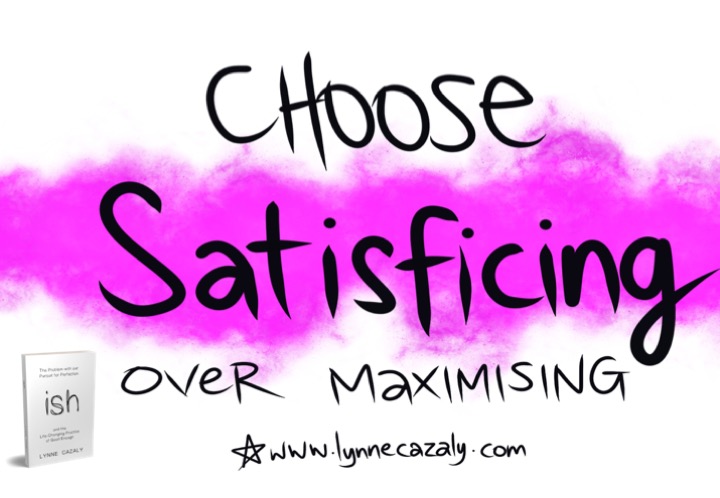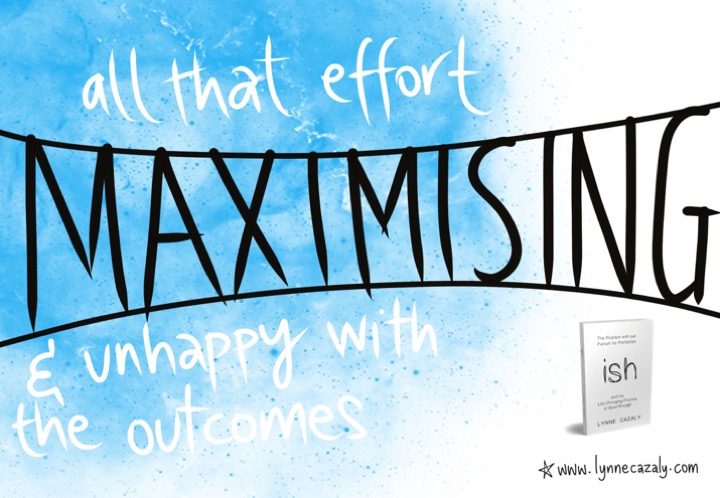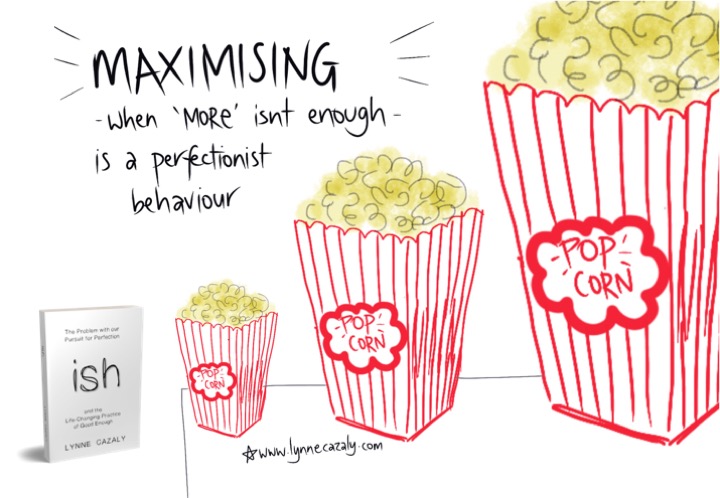Lynne Cazaly - Keynote at Agile Alliance 2019
 Sunday, August 11, 2019 at 10:56PM
Sunday, August 11, 2019 at 10:56PM  What a privilege to be at Agile 2019 in Washington DC and today, to take to the stage and deliver a keynote.
What a privilege to be at Agile 2019 in Washington DC and today, to take to the stage and deliver a keynote.
The topic was ‘ish: The problem with our pursuit for perfection and the life changing practice of good enough.’
Here's a visual summary of the key points I presented. You can get the book, ebook or audiobook - yes with me narrating - wherever you normally buy your books!
The bottom line is, perfectionism is a problem that is on the increase. Most of us have a little bit of perfectionist in us. When we are encouraged to bring our whole selves to work, that means we will be bringing some of our perfectionist traits as well. Sometimes that can slow down our abilities to achieve, collaborate and deliver great value to our customers.
It’s worth our while to find alternative ways of working that don’t involve the pursuit of perfection (which is impossible to achieve.)
Are you a 'bit of a perfectionist'?





















